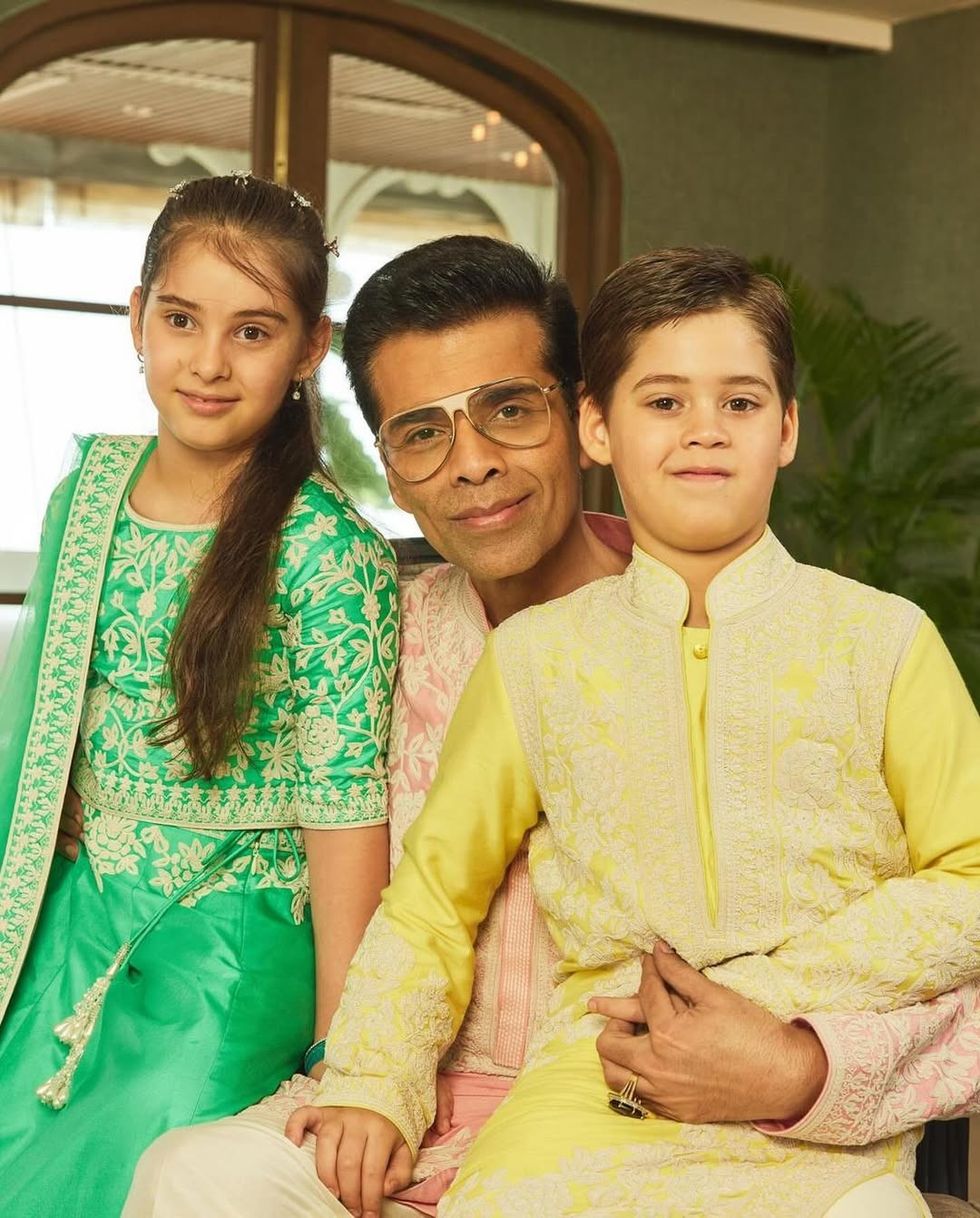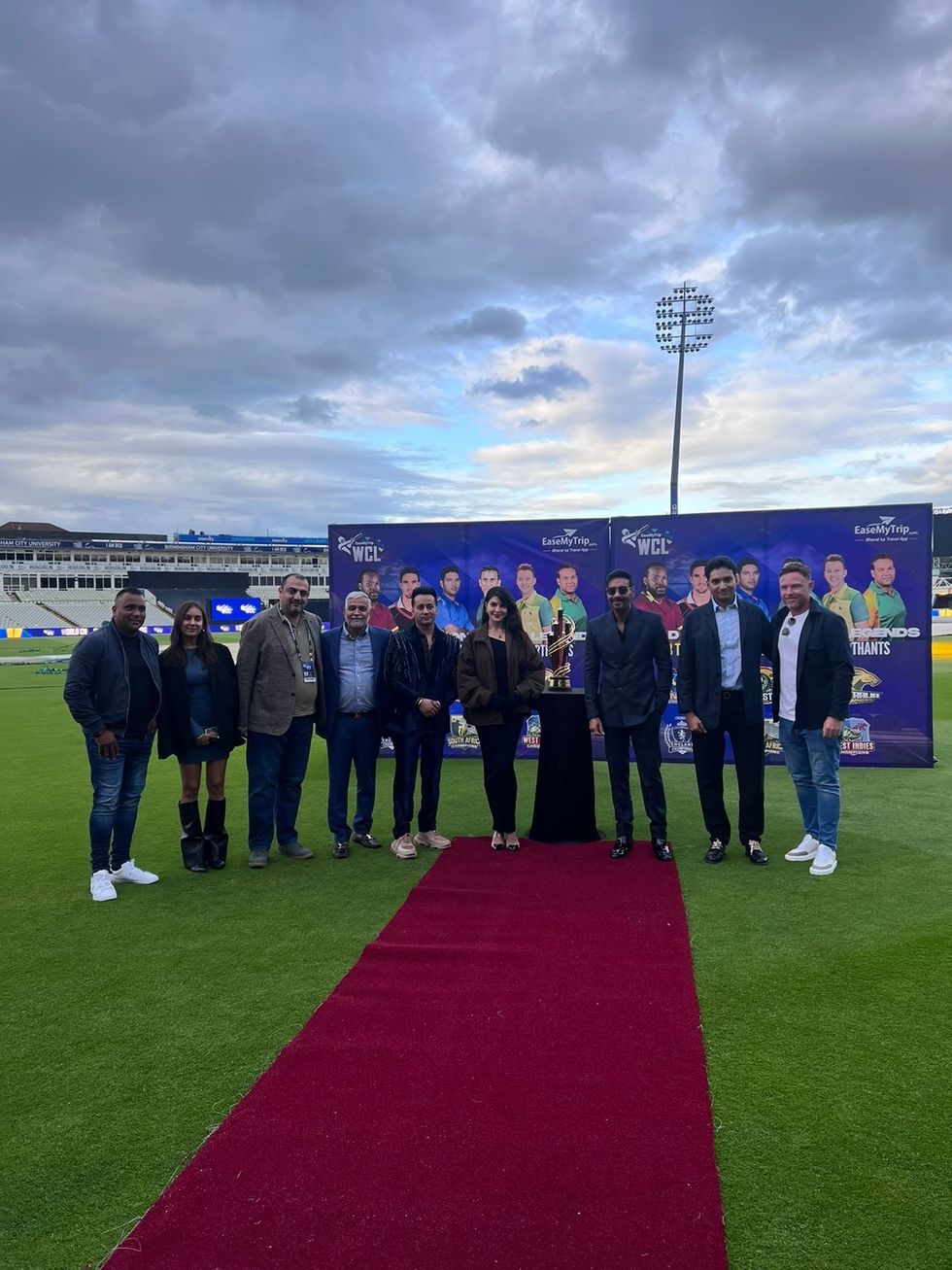By Murtuza Iqbal
Anees Bazmee's Bhool Bhulaiyaa 2 stars Kartik Aaryan, Tabu, and Kiara Advani in the lead roles. After the lockdown, the shooting of the film has not yet resumed and according to a report in Bollywood Hungama, the shoot has been delayed because of Tabu.
A source told the portal, “A major schedule of Bhool Bhulaiyaa 2 in Jaipur was shut down in March 2020, and the unit had to disperse hastily amidst the pandemic scare. After the lockdown ended, director Anees Bazmee informed the cast and crew that the shooting would resume. But Tabu, who plays a major part in the film, refused to return, arguing that she was not feeling secure or safe shooting while the pandemic prevailed. The producers were left with no choice but to postpone shooting indefinitely.”
A few days ago, it was reported that the shoot has been delayed as Tabu has other commitments and the makers are not keen on replacing her. And now, there are reports that the actress is not keen to shoot during the pandemic.
Well, whatever the reason is we are sure the wait would be worth it as we all know that Tabu is a great performer.
The actress was last seen on the big screen in the 2020 release Jawaani Jaaneman in which she had an extended cameo. Last year, she was also seen in the BBC One series, A Suitable Boy in which she portrayed the role of Saeeda Bai.















 Yash and Roohi, born via surrogacy in 2017, told him they’re happy “because you’re our dada”Instagram/
Yash and Roohi, born via surrogacy in 2017, told him they’re happy “because you’re our dada”Instagram/
 A compelling premise, layered and unpredictable charactersAMG
A compelling premise, layered and unpredictable charactersAMG Anyone who enjoys a gripping story with a diverse cast and unexpected twistsHarperFiction
Anyone who enjoys a gripping story with a diverse cast and unexpected twistsHarperFiction
 As WCL enters its second season, Sharma is scaling upwclegends.uk
As WCL enters its second season, Sharma is scaling upwclegends.uk